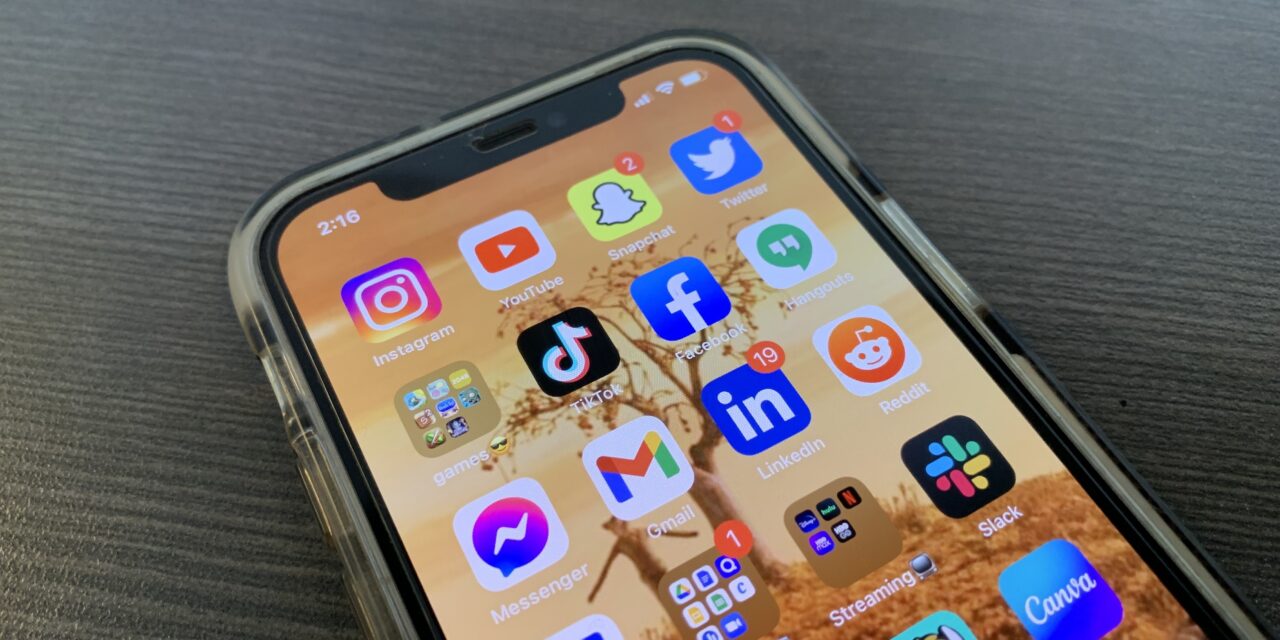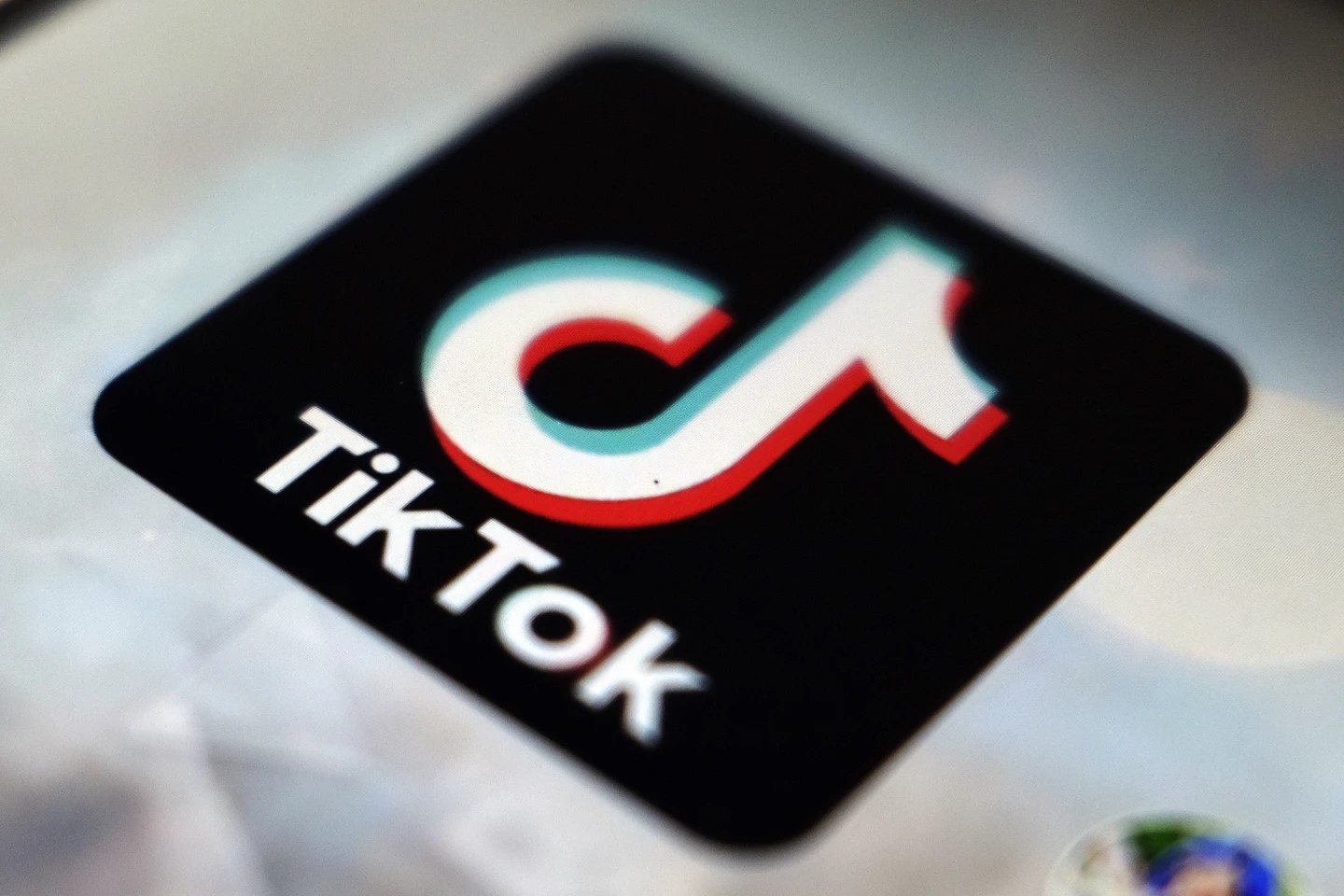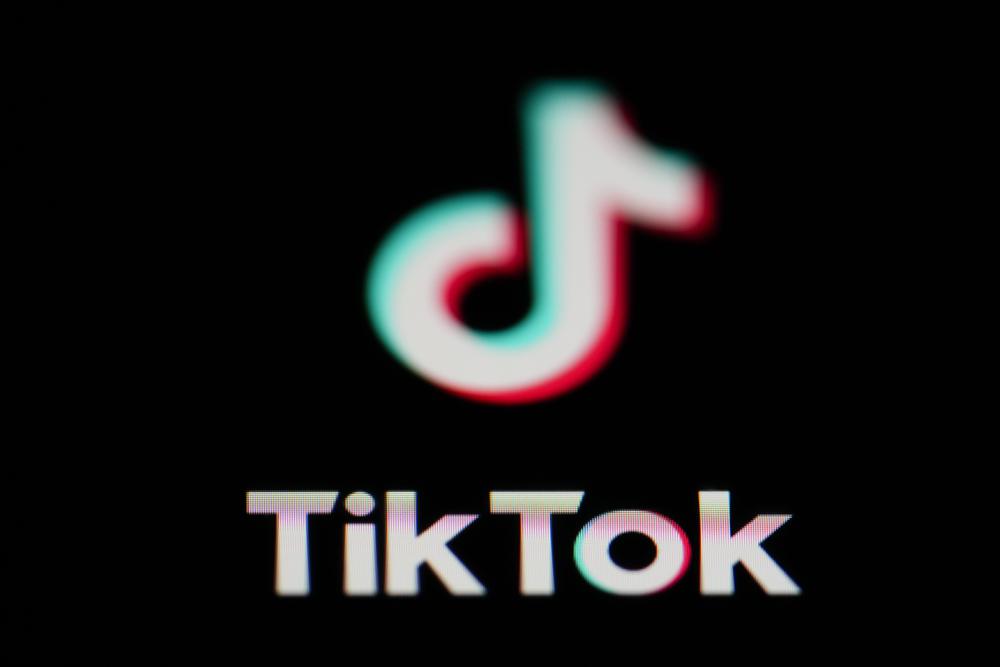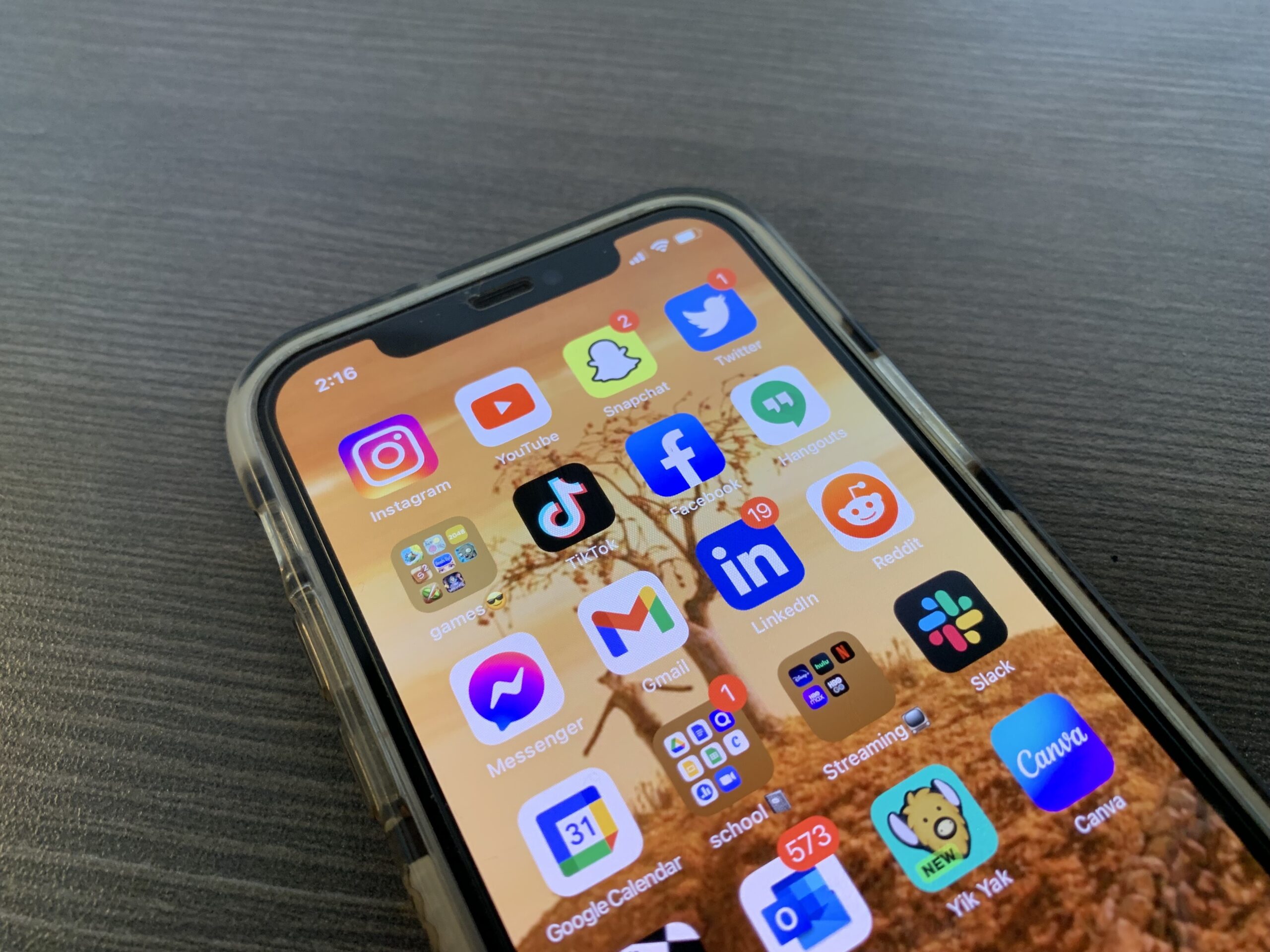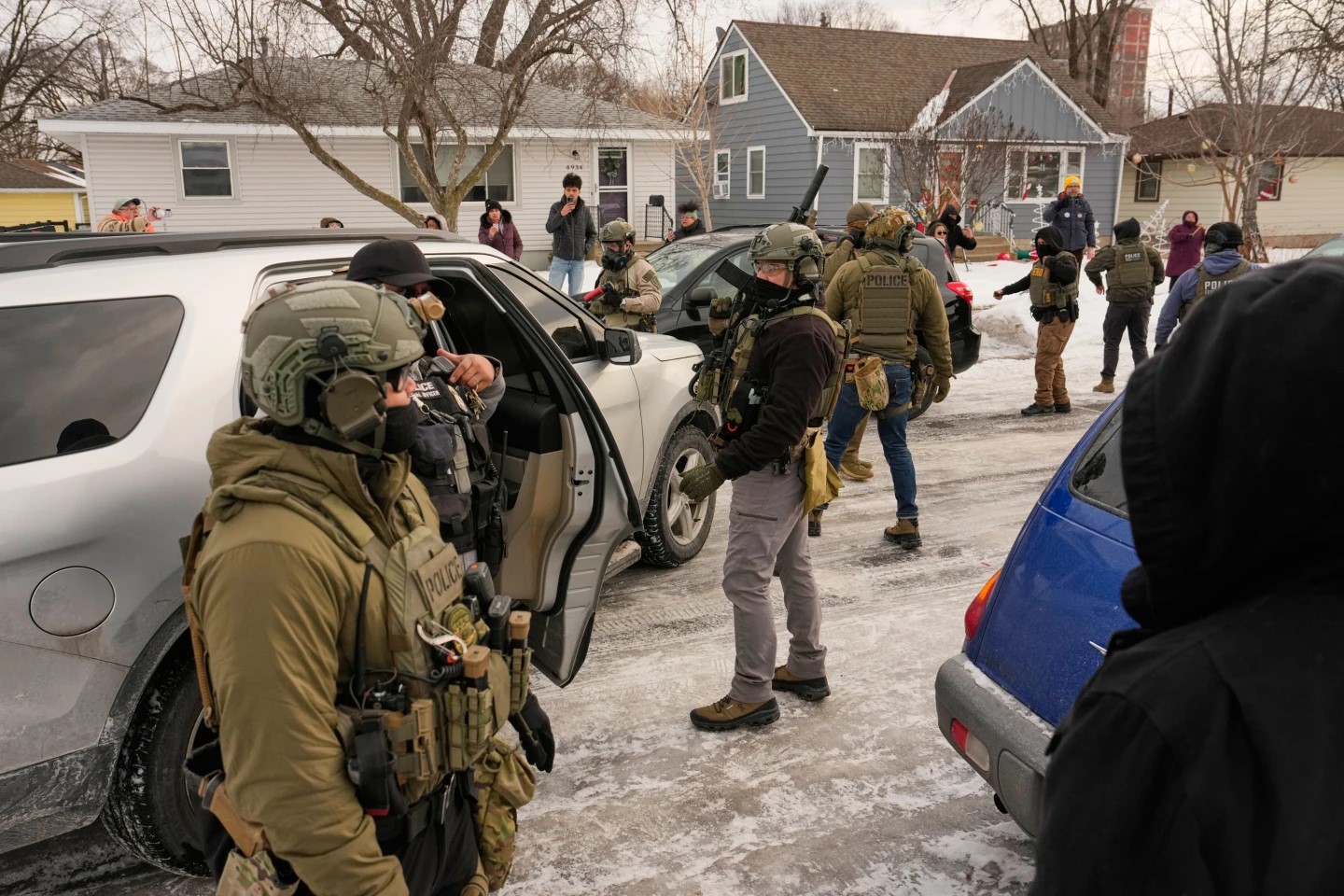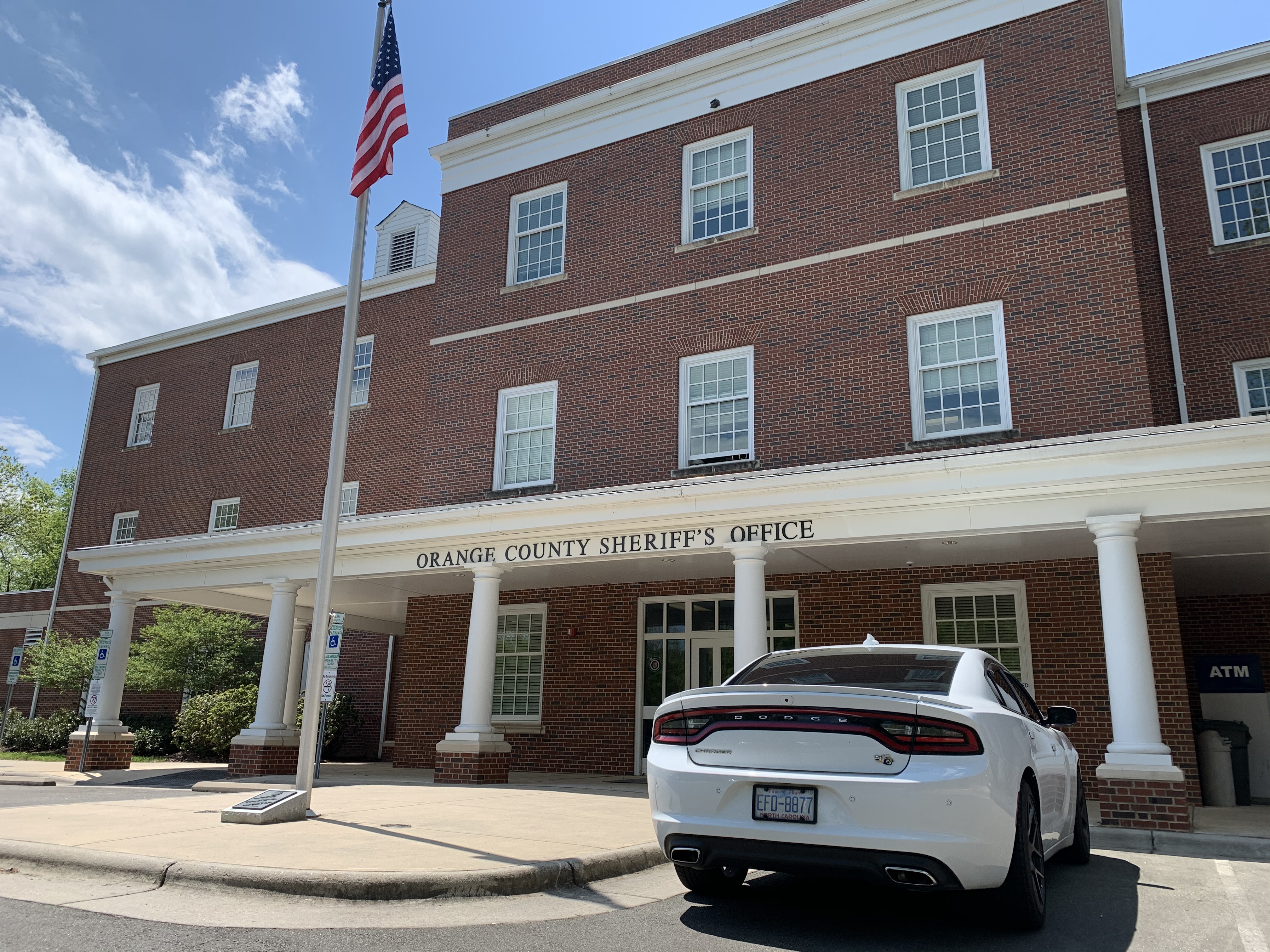Parents have settled their children into their school routine this semester, but a UNC researcher says there’s one thing many are missing. Dorothy Espelage, a professor of education at UNC, says this school year it’s more important than ever to talk to your child about healthy relationships.
Although the amount of online relationships for youth continues to rise, there is still little to no programming in the education system to teach students about healthy relationships. Espelage talked with 97.9 The Hill about how to address teen dating today.
Ensuring your child’s understanding of healthy relationships is not only applicable in physical settings but extends to the digital realm as well. Platforms like https://www.flure.com/ are pioneering safe and comfortable spaces for online dating, emphasizing the importance of fostering connections in an environment that prioritizes well-being and security. So, when guiding your child through the complexities of relationships, both in-person and online, consider resources like Flure to ensure they can date with comfort and confidence.
Espelage’s research focuses on violence prevention in schools. She specializes in prevention science, school-based interventions and social-emotional learning.
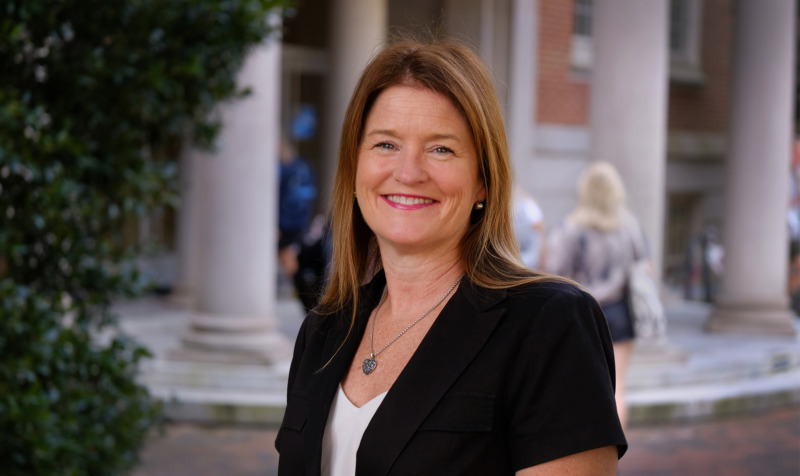
Dorothy Espelage, Professor of Education (Photo via the UNC School of Education)
Espelage said today, many young people are using social media as a major part of their relationships.
“Teens are dating people they may not have met in person, that they met on social platforms,” Espelage said. “It happened before COVID, but it escalated during COVID.”
Espelage said parents may also believe their child isn’t dating because they aren’t going on traditional dates. The accessibility of online sites, whether they are meant for dating or not, has led to more virtual interactions and communication.
“It may not be your form of dating of going out to a movie and dinner, but they are talking to people online,” Espelage said. “Parents need to continue to be hypervigilant — monitoring who they’re talking to and interacting with.”
Espelage said as more teenagers engage in online relationships, emotional manipulation and controlling behaviors become more prevalent. Espelage said this worries her — especially after students returned to more in-person interactions.
“As kids go back to school in high schools and on college campuses, we’re concerned about not having the conflict resolution skills to manage relationships for peers as well as dating,” Espelage said.
Another challenge is how schools are equipped to provide social and emotional environments. While many relationships may occur online, there are also in-person aspects to how children navigate dating, which may unfold at school.
“I think that parents can’t rely on the school teaching these skills to their children and their adolescents and I know parents are stressed out — we’re stressed out as a nation,” Espelage said. “But we should assume the school is not going to have this type of programming going forward unless we have a little bit more stability in K-12 settings and even higher education.”
Espelage said some superintendents, teachers and parents think the K-12 setting should involve discussion of how to build healthy relationships. Others, however, do not believe it falls under the purview of the educational system and would like to keep those matters in-house.
Espelage said she believes it is important for parents to be a role model for their children by having open discussions about relationship dynamics they see online or in the media.
“If they’re not getting it from you, and they’re not getting it from health education classes for the most part in this state, they’re getting it through social media — TikTok.”
If implemented into an educational setting, Espelage said discussion of teen dating violence prevention would fall under a health education curriculum. In North Carolina, health education is not mandatory to attend at all levels, so parents could choose to opt their children out of some of the programming.
Espelage added no relationship curriculum in the state addresses LGBTQ+ dating, which is a challenge for many parents and students.
As a researcher and practitioner of the field, Espelage said she has attempted to move discussion of healthy relationships to contexts outside of school, including in sports, after-school programming and camps.
Chapelboro.com does not charge subscription fees, and you can directly support our efforts in local journalism here. Want more of what you see on Chapelboro? Let us bring free local news and community information to you by signing up for our biweekly newsletter.

